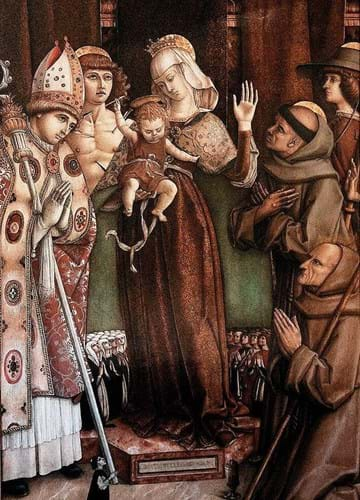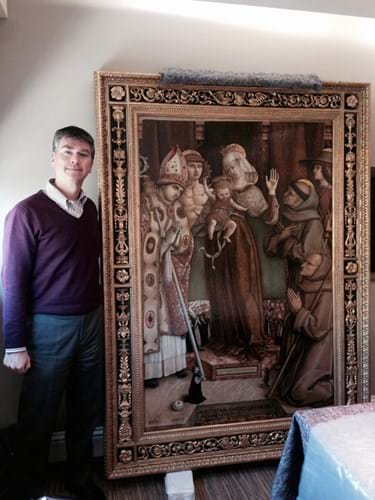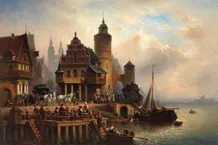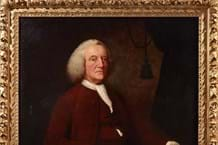
The oil on panel dating from 1487 by Italian painter Carlo Crivelli (c.1430- 94), owned by Portuguese businessman and racing driver Miguel Pais do Amaral, had been sold to a UK dealer in 2012. However, both its departure from Portugal – and the state’s retrospective attempt to block its export – proved controversial.
Pais do Amaral sold the picture, via a Paris intermediary, for a sum in the region of €4m. Portugal’s secretary of state for culture at the time, Francisco José Viegas, agreed to an export application.
The picture was transported to the UK where another export application was made via Christie’s to export it to the US. A license was granted by the Arts Council but it was never used after the owner subsequently decided against taking the work to auction.
However, in 2013, Viegas’ successor as Portuguese culture minister, Jorge Barreto Xavier, repealed the decision to grant the original export license. It was claimed it had been granted in error, citing “procedural aspects” including that the work had been protected from export under Portuguese law since 1970. An internal investigation in Portugal also questioned whether Pais do Amaral had complied with documentary requirements, met legal deadlines and had a valid contract with the ‘final purchaser’.
By this time, following research and restoration, the Crivelli had been resold to an important overseas collector. ATG understands that the work is now valued at €9m-12m.
Due to the Portuguese claim, the UK dealer and their client brought in Art Recovery International (ARI), a firm that specialises in resolving complex art related title disputes, to act on their behalf.
Christopher Marinello of ARI told the ATG: “We reviewed this case carefully and felt that the Portuguese state did not have a valid claim. It appeared as though the newly elected Portuguese government was trying to embarrass the old one at the expense of my clients.”
“However, we thought the right thing to do was to give the Portuguese authorities an opportunity to resolve the matter in an amicable fashion. Initially, we offered three ways to settle the claim – the Portuguese could buy the painting outright and reimburse current owner. Or we would loan it to a Lisbon museum for six-months and allow them time to gather patrons to reacquire the work. Or we offered to donate another important work to Portugal in return for releasing their claim to the Crivelli. Unfortunately, the response we received was complete silence. It’s difficult to have a one-sided mediation, to say the least.”
After two years chasing an agreement, Marinello wrote to the Portuguese Ministry of Culture demanding that it ends its interest in the painting or his clients would seek “significant compensation”.
“Their claim unfairly questioned the new owner’s legitimate title and damaged the reputation of my clients. We said we would bring an action seeking significant compensation unless they issued a waiver and release of any and all claims to the picture.”
Marinello has recently received written acknowledgement from the Portuguese Ministry of Culture that any restitution request has now expired. It states that any attempt to demand the return of the work expired in April 2015, with the new owner now free to enjoy their painting. As further confirmation, Marinello has also received a letter from the National Museum of Art in Lisbon asking for the work to be loaned for an exhibition.
“The government of Portugal authorised the export of this important painting and had no right or justification to revoke the license retroactively,” said Marinello. “My client followed the letter of the law in both Portugal and the UK. How can we expect dealers to follow the law if the governments themselves are not setting the example?”
ATG contacted the Portuguese ministry of culture but had yet to receive a comment at the time of going to press.















